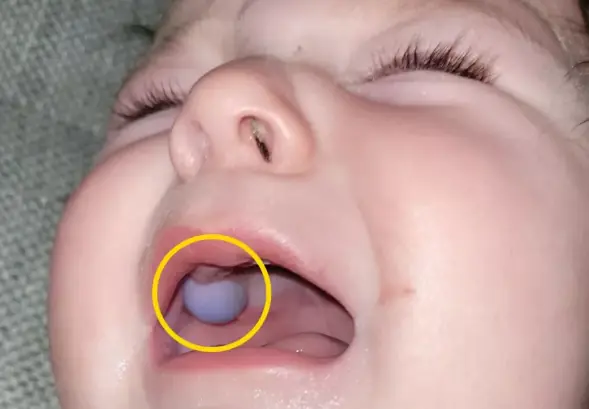
To prevent colorectal can.cer, you must know this
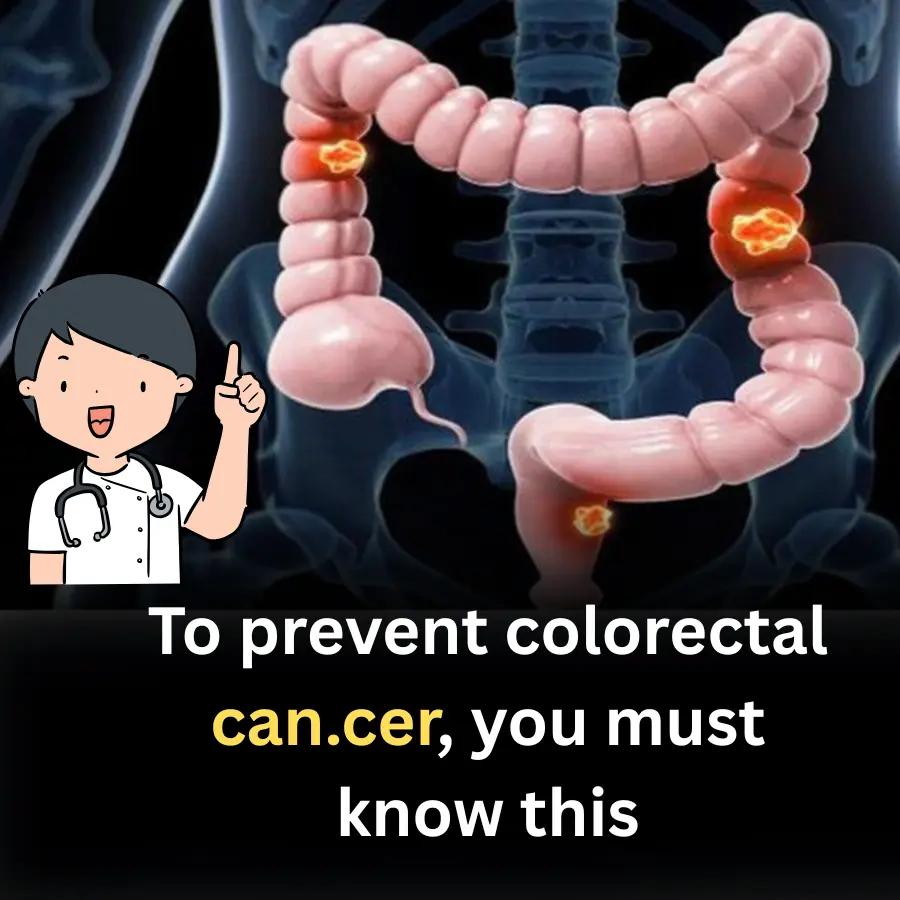
To prevent colorectal cancer, there are several important things you need to know. These points are based on recommendations from major health organizations such as WHO, CDC, and IARC, and supported by strong scientific evidence.
1. Understand the risk factors
-
Age over 50 (risk increases significantly, though the disease is becoming more common in younger people).
-
History of colon polyps or chronic inflammatory bowel diseases (ulcerative colitis, Crohn’s disease).
-
Family history of colorectal cancer.
-
Diet high in red meat and processed meats (sausages, smoked meats).
-
Low-fiber diet with few vegetables and fruits.
-
Physical inactivity, obesity, large waist circumference.
-
Smoking and heavy alcohol consumption.
2. Warning signs that require medical attention
Colorectal cancer often has no early symptoms, but when present, look for:
-
Blood in stool (bright red or black).
-
Persistent changes in bowel habits: long-term constipation or diarrhea.
-
Narrow or pencil-shaped stools.
-
Persistent abdominal pain or bloating.
-
Unexplained weight loss.
-
Unexplained iron-deficiency anemia.
3. Regular screening – the most important preventive measure
Screening helps detect polyps (precancerous growths) and remove them before they turn into cancer.
-
Colonoscopy:
-
Starting at age 45 for average-risk individuals.
-
Starting at 40 or earlier for those with a family history.
-
Repeat every 5–10 years depending on the findings.
-
-
Fecal occult blood test (FOBT) or FIT:
-
Once a year.
-
Suitable if colonoscopy is not immediately available.
-
-
Flexible sigmoidoscopy or CT colonography may also be used depending on resources.
4. Lifestyle and diet to reduce risk
-
Eat plenty of fiber: vegetables, whole grains, fruits.
-
Limit red meat and processed meat.
-
Consume foods rich in calcium and vitamin D.
-
Reduce alcohol intake and avoid smoking.
-
Engage in at least 150 minutes of physical activity per week.
-
Maintain a healthy body weight.
5. Polyps are not cancer — but they must be monitored
About 70–90% of colorectal cancers develop from adenomatous polyps.
Removing polyps during colonoscopy is one of the most effective ways to prevent cancer.
6. Genetics also plays a role
Around 5–10% of colorectal cancer cases are associated with inherited mutations such as:
-
Lynch syndrome
-
Familial adenomatous polyposis (FAP)
People with these conditions need earlier and more frequent screening.
News in the same category


Energize Your Life with the Superfood of the Himalayas!

What causes the green ring around hard-boiled eggs?

4 Red Flags Your Brain Might Be in Trouble as Experts Warn Alzheimer’s Can Start Decades Before Symptoms Appear
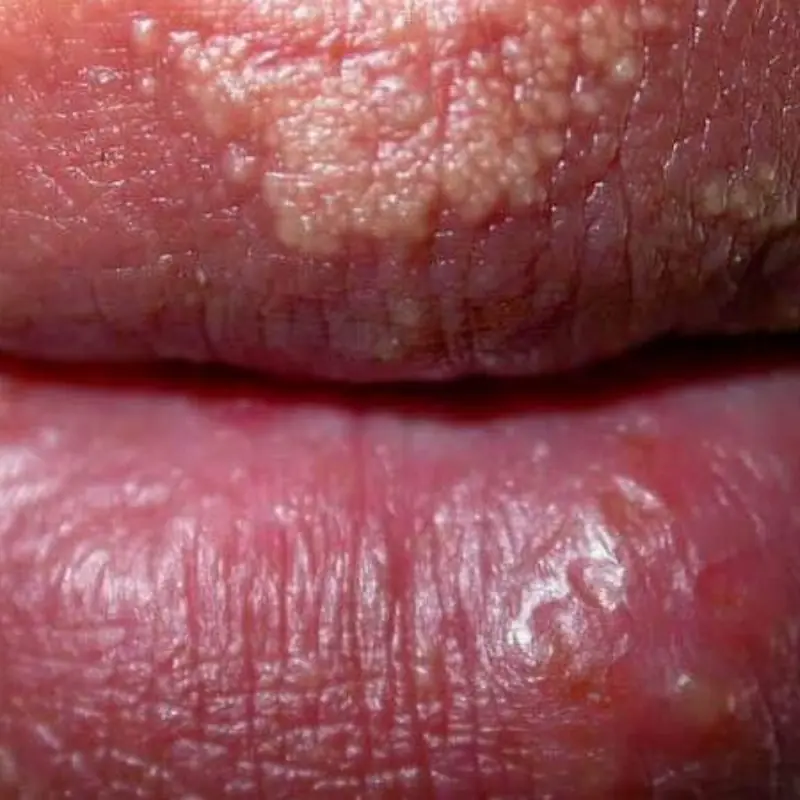
Why People Develop Strange White Bumps on the Lips or Intimate Areas
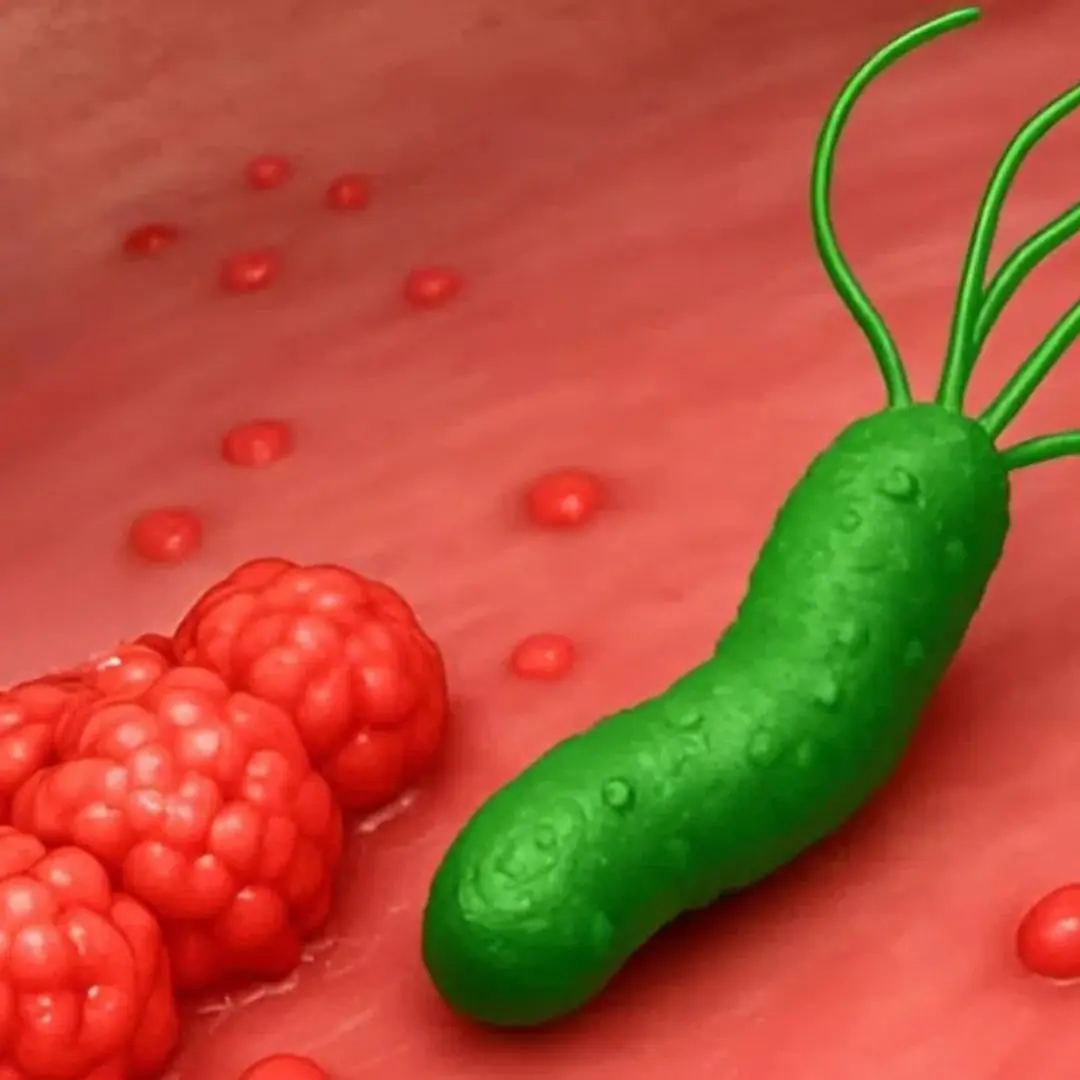
How to ki:ll the bacteria that causes bloating and heartburn
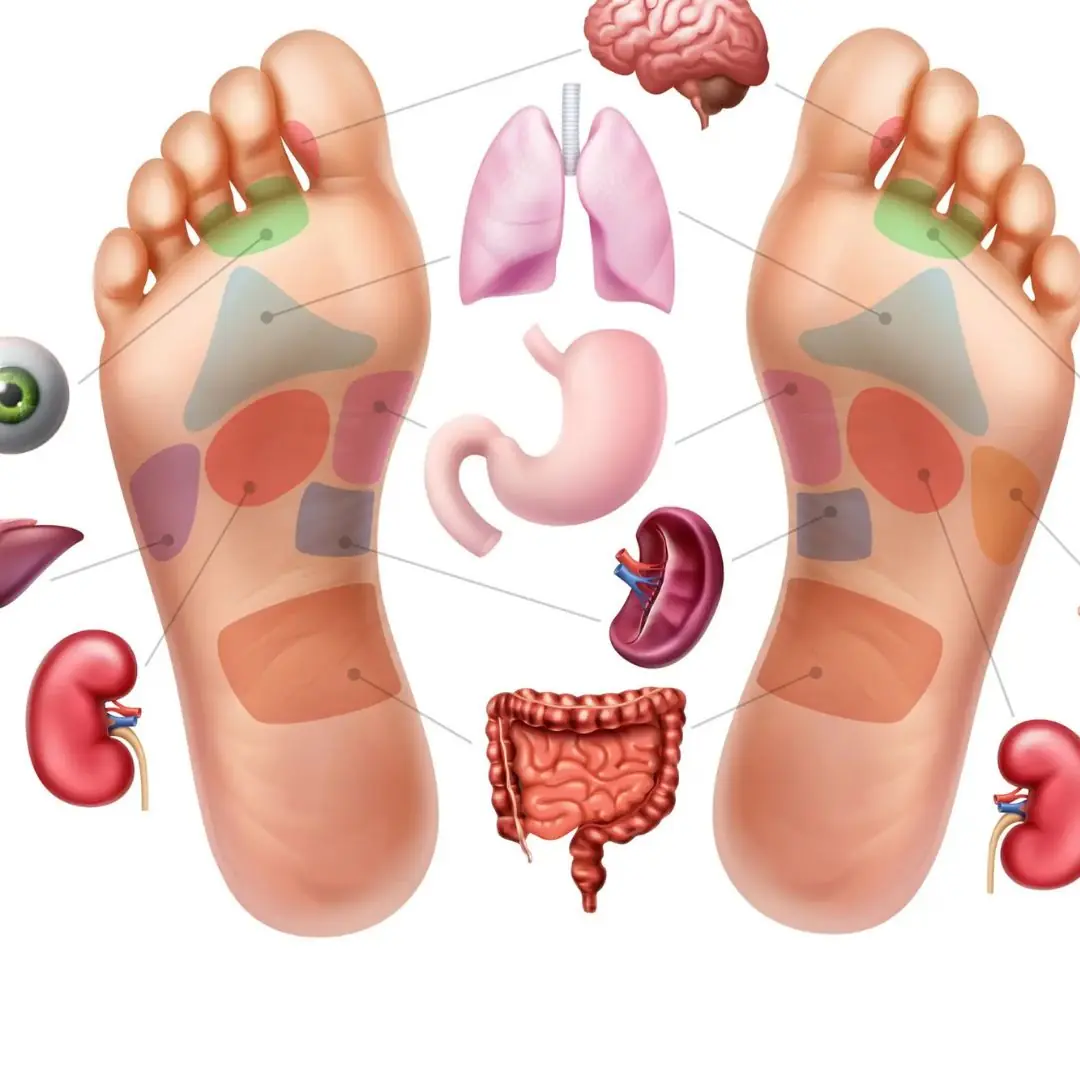
To know if your internal organs are infected, just look at your feet

Doctor Reveals The One Thing You Absolutely Should Not Do If You Wake Up In The Middle Of The Night
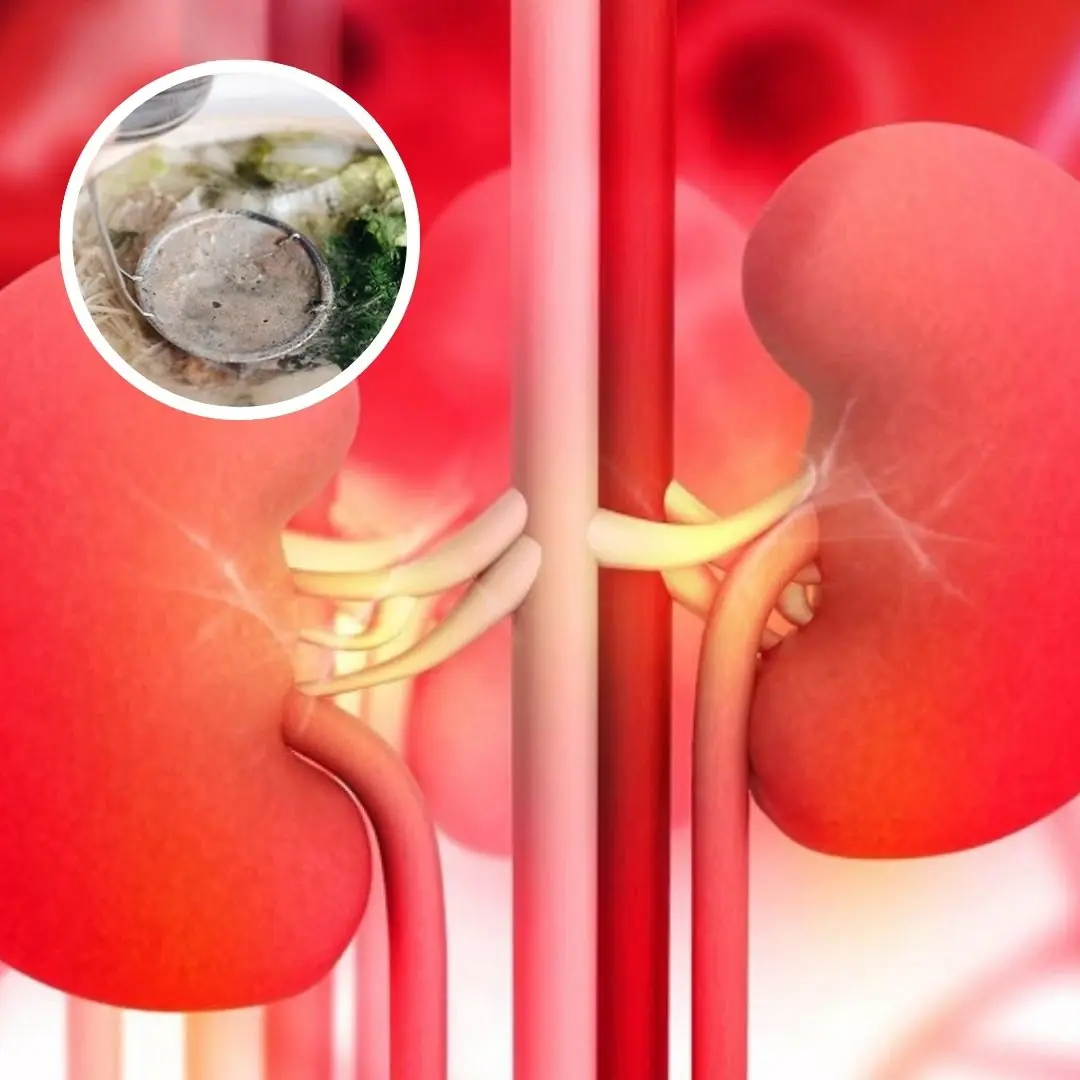
4 Common Breakfast Dishes That Could Be Har:ming Your Kidney Health
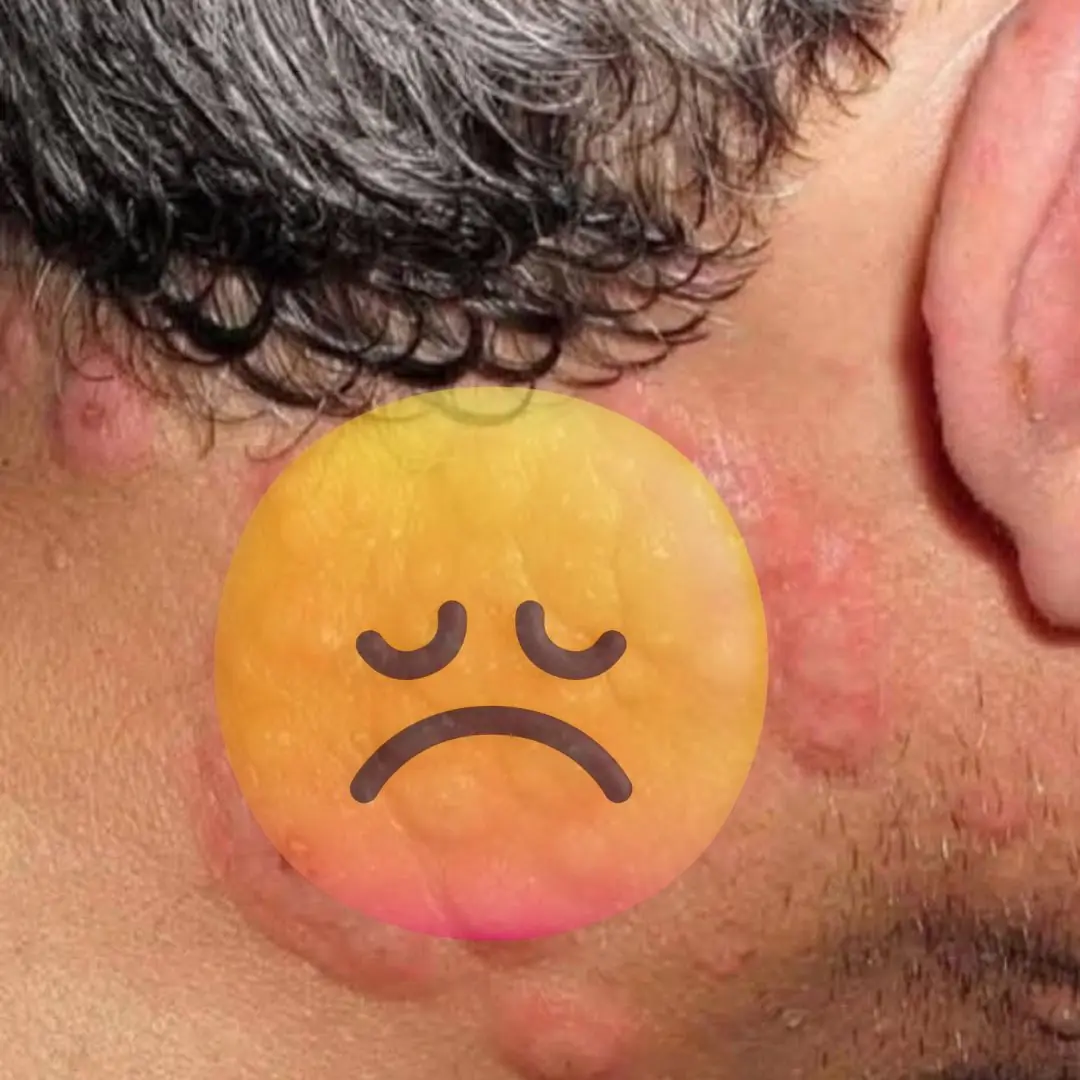
Why many experts advise against sleeping with window open
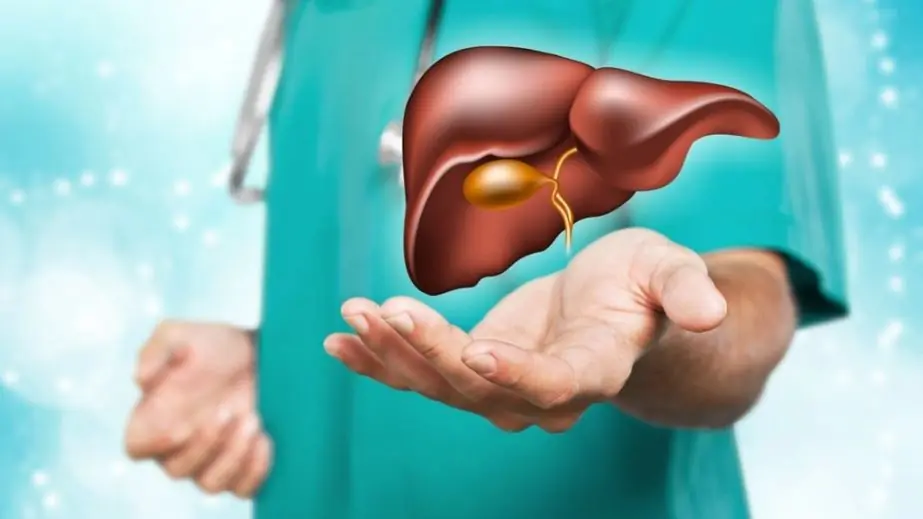
5 Silent Signs Your Li.ver Is in Trouble — and You’re Probably Ignoring Them
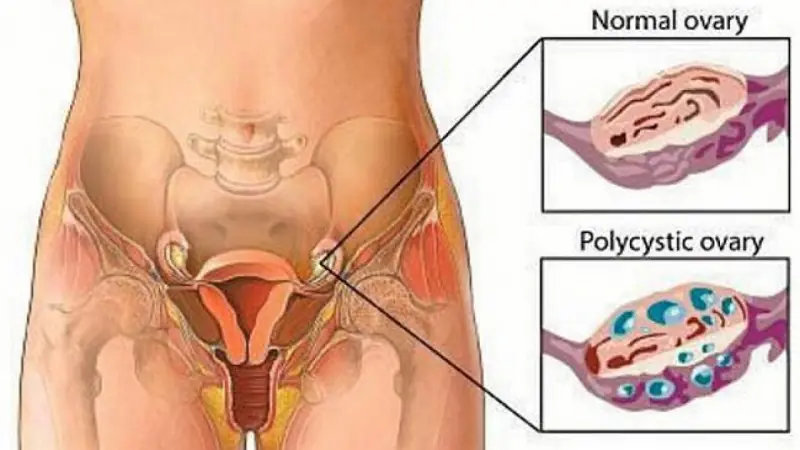
7 Alarming Signs Your PCOS Is Getting Worse

5 Fruit-Eating Mistakes That Secretly Harm Your Health
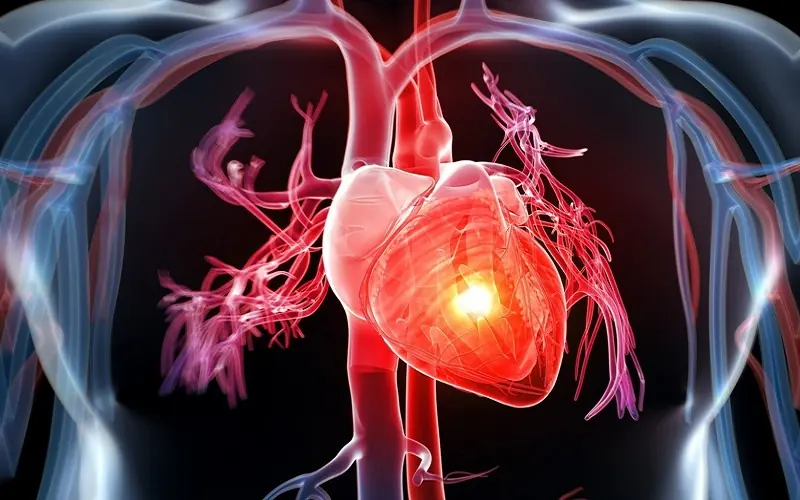
5 Silent Signs Your H.eart Is Crying for Help — But You’re Probably Ignoring Them

Think You’re Eating Enough Protein? 90% of People Are Dead Wrong

The Ancient Super Mushroom That Heals Your Li.ver and Kid.neys Naturally

Sleep Your Way to a Cleaner Li.ver: The Nightly Detox Secret

Fa.tty Liver: Causes, Symptoms, Treatment & Evidence-Based Prevention Strategies

Warning: If You Notice This Sign in Your Body, Go to the Hospital Immediately or It May Be Late-Stage Nasoph.aryngeal Can.cer
News Post

Doctors Were Stunned When They Thought the 9-Month-Old Baby Had a Tu.mor in His Mouth

What causes the green ring around hard-boiled eggs?

4 Red Flags Your Brain Might Be in Trouble as Experts Warn Alzheimer’s Can Start Decades Before Symptoms Appear

The Hidden Meaning Behind Wearing a Ring on Your Thumb — Few People Know This

Why People Develop Strange White Bumps on the Lips or Intimate Areas

How to ki:ll the bacteria that causes bloating and heartburn

Sea otter mon wrap their pops in a kelp blenket to stop them loating away while she dives for food

To know if your internal organs are infected, just look at your feet

Doctor Reveals The One Thing You Absolutely Should Not Do If You Wake Up In The Middle Of The Night

4 Common Breakfast Dishes That Could Be Har:ming Your Kidney Health

Why many experts advise against sleeping with window open

5 Powerful Ways to Stay Vibrantly Healthy in Your 40s and 50s

How to Exercise Without Overloading Your H.eart

5 Silent Signs Your Li.ver Is in Trouble — and You’re Probably Ignoring Them

4 Hair Care Habits You Think Are Helping — But Are Actually Ruining Your Hair

7 Alarming Signs Your PCOS Is Getting Worse

5 Fruit-Eating Mistakes That Secretly Harm Your Health

5 Silent Signs Your H.eart Is Crying for Help — But You’re Probably Ignoring Them
